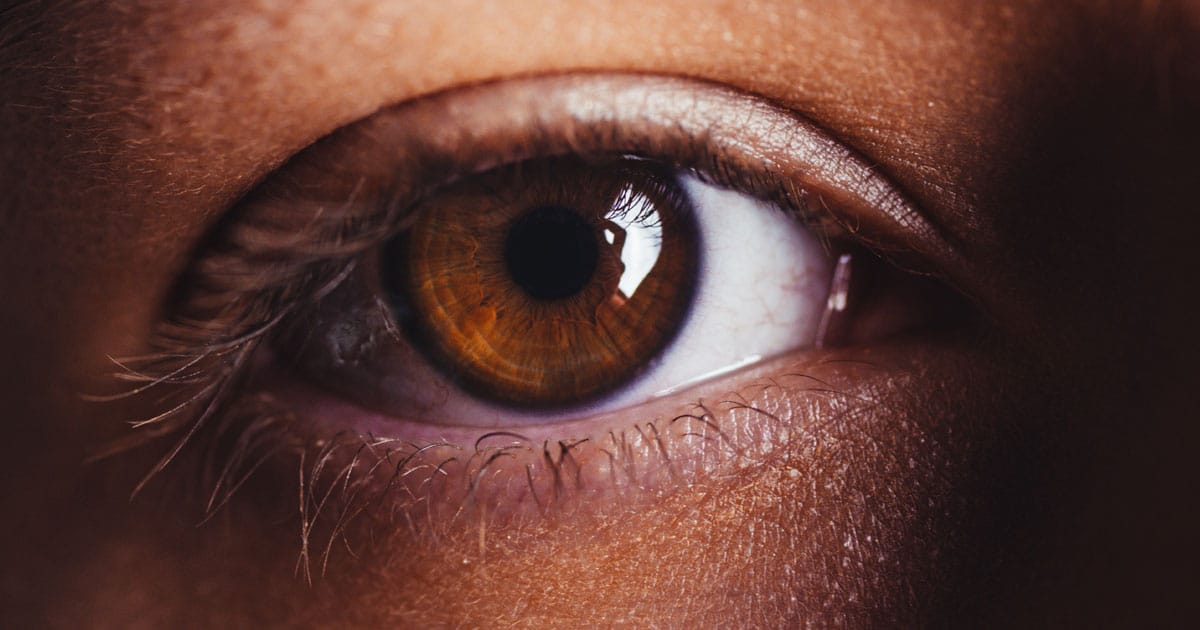Eye problems can sometimes occur as a result of damage to the brain. When such issues arise that affect the connection between your eyes and your brain, they are categorized as neuro-ophthalmic conditions. Stroke, trauma, or multiple sclerosis can be the reason behind it. It may lead to squint eyes, drooping eyelids, or visual disturbances. Under this condition, you may require specialized care from the best eye specialist in Chennai.
This blog will help you understand neuro-ophthalmic conditions, the diagnosis process, and the ways eye doctors treat these conditions.

What are Neuro-Ophthalmic Conditions?
Neuro-ophthalmic conditions encompass a wide range of disorders that involve the interaction between the eye and the brain. These conditions can be complex, as they often involve different systems within the body, including the neurological and ophthalmic systems. Some common neuro-ophthalmic conditions include optic neuritis, papilledema, pituitary tumours, and disorders of eye movement.
These conditions can trigger vision difficulty, so it is crucial to get effective care from a prestigious eye doctor in Chennai.
Diagnosis of Neuro-Ophthalmic Eye Conditions
The treatment of neuro-ophthalmic conditions begins with an accurate diagnosis. An eye doctor in Chennai who specialises in neuro-ophthalmology undergoes extensive training to recognise and diagnose these complex conditions. They use a combination of clinical examination, imaging studies, and specialised tests to assess your condition. Here is how the eye specialists diagnose your eye condition:
- Clinical Examination
A comprehensive eye examination is the point where doctors start. They assess visual acuity, visual field, pupil reactions, and the appearance of the optic nerve condition.
- Imaging Studies
An eye doctor in Chennai uses advanced techniques, such as MRI (Magnetic Resonance Imaging) and CT (Computed Tomography) scans, which are often used to visualise the brain and its structures. These scans can reveal any abnormalities or lesions that may be affecting your visual pathways.
- Specialized Tests
In some cases, specialized tests like visual evoked potentials (VEP) or electroretinography (ERG) may be required to evaluate the function of the visual system more comprehensively.
Once a neuro-ophthalmic condition is diagnosed, an eye doctor in Chennai proceeds with the treatment process.
Treatment Options for Neuro-Ophthalmic Conditions
The treatment approach for neuro-ophthalmic conditions varies depending on the specific diagnosis, the severity of the condition, and your overall health. Here are some common treatment options:
- Medication
At the best eye hospital in Chennai, many neuro-ophthalmic conditions can be managed with medications. In the case of optic neuritis, which is often associated with multiple sclerosis, it can be treated with steroids to reduce inflammation and improve vision.
- Surgical Intervention
If your eye condition is not treated well with medications, an eye specialist in Chennai may consider surgical procedures to correct structural abnormalities or relieve pressure on the optic nerve. It is often seen in conditions like pituitary tumors or increased intracranial pressure.
- Visual Rehabilitation
Neuro-ophthalmic conditions can sometimes result in vision loss or visual disturbances. An eye specialist in Chennai may work closely with low-vision specialists to adapt to your visual changes and maximize your remaining vision through rehabilitation.
- Management of Underlying Conditions
Many neuro-ophthalmic conditions are secondary to underlying medical conditions such as diabetes, hypertension, or autoimmune diseases. Treating these underlying conditions is a crucial part of managing the eye-related symptoms.
- Close Monitoring
Regular follow-up appointments with the eye doctor are essential to evaluate the progress of treatment and adjust the treatment process as needed. It ensures that your condition is properly managed over time.
How Does a Treatment at the Best Eye Hospital in Chennai Benefit You?
Managing neuro-ophthalmic conditions often requires a multidisciplinary approach.
- An eye specialist in Chennai may collaborate with neurologists, neurosurgeons, endocrinologists, and other specialists to provide you with comprehensive care. For such expertise, you can visit a reputed eye hospital. It ensures that all aspects of your eye condition, including neurological and systemic components, are addressed effectively.
- Apart from diagnosis and treatment, an essential aspect of managing neuro-ophthalmic conditions is patient education and support. An eye specialist in Chennai educates you about your eye condition, treatment options, and lifestyle modifications that can help improve your quality of life.
Neuro-ophthalmic conditions can be challenging, but with the expertise of a skilled eye doctor in Chennai, you can get the care you need to manage these complex conditions effectively. Early diagnosis and personalized treatment are key components of the comprehensive care provided by these experts. If you are looking for the best eye hospital in Chennai, you can head towards Dr Agarwals Eye Hospital. They have highly qualified professionals with years of knowledge and practical experience. If you or a loved one is experiencing visual symptoms or has been diagnosed with a neuro-ophthalmic condition, seeking immediate care is a crucial step towards a better quality of life and improved visual health.
Your eyes and your vision are invaluable, and with the right medical attention, you can maintain the best possible eye health.
What are you waiting for? Schedule your visit at the best eye hospital in Chennai.
